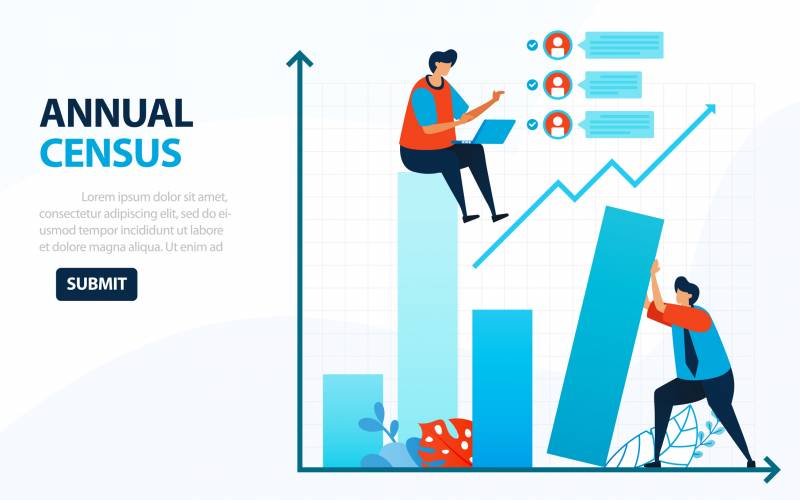In addition to the huge reach of his Twitter feed, Kirk’s framing was quickly amplified on right-wing Facebook groups and pages, including Team Trump 2020, Fox News with Tucker Carlson and First Official Candace Owens Fan Club.
This public debate demonizing immigrants could scare them away from participating, according to Subbu Vincent, director of the Journalism and Media Ethics program at Santa Clara University.
"It’s hard to credibly dismiss a fear, which is a feeling, with thinking. Hard to use reason to dismiss it, especially when there are facts that show that the administration’s intent has been to deport people. Those facts have driven the fear," Vincent said.
The Census Bureau has historically relied on community leaders in hard-to-reach populations to carry the message of the count's importance, as well as to assure people their information won't be used against them.
"The human brain is actually wired to listen to other people. When you trust particular community leaders, when you trust particular political leaders, you’re more likely to listen to them, as opposed to just facts," Vincent said.
But if your social media feed is counteracting the messages you're receiving from your trusted leaders, or your feed is building upon a preexisting fear of authority, you might decide to sit this count out, despite the fact that the Census Bureau is legally barred from sharing your individual responses in any way that can identify you during your likely lifetime.
Buckner, of the U.S. Census, says the bureau has spent a lot of time building out its website to communicate what's true and debunk what's not. But the Trust and Safety Team is also proactively working with social media platforms to flag rumors and lies as they start to take shape.
Ultimately though, the platforms decide where to draw the line between what they consider attempts to skew the census count and legally protected political speech. They’ve all signed on to a strategy similar to the one they’re pursuing with the coronavirus pandemic: amplify credible sources and posts; delete or deprioritize non-credible ones.
Will those efforts be enough to support a complete and accurate count? We’ll only know when the census is done. Americans have until Aug. 14 to respond.
